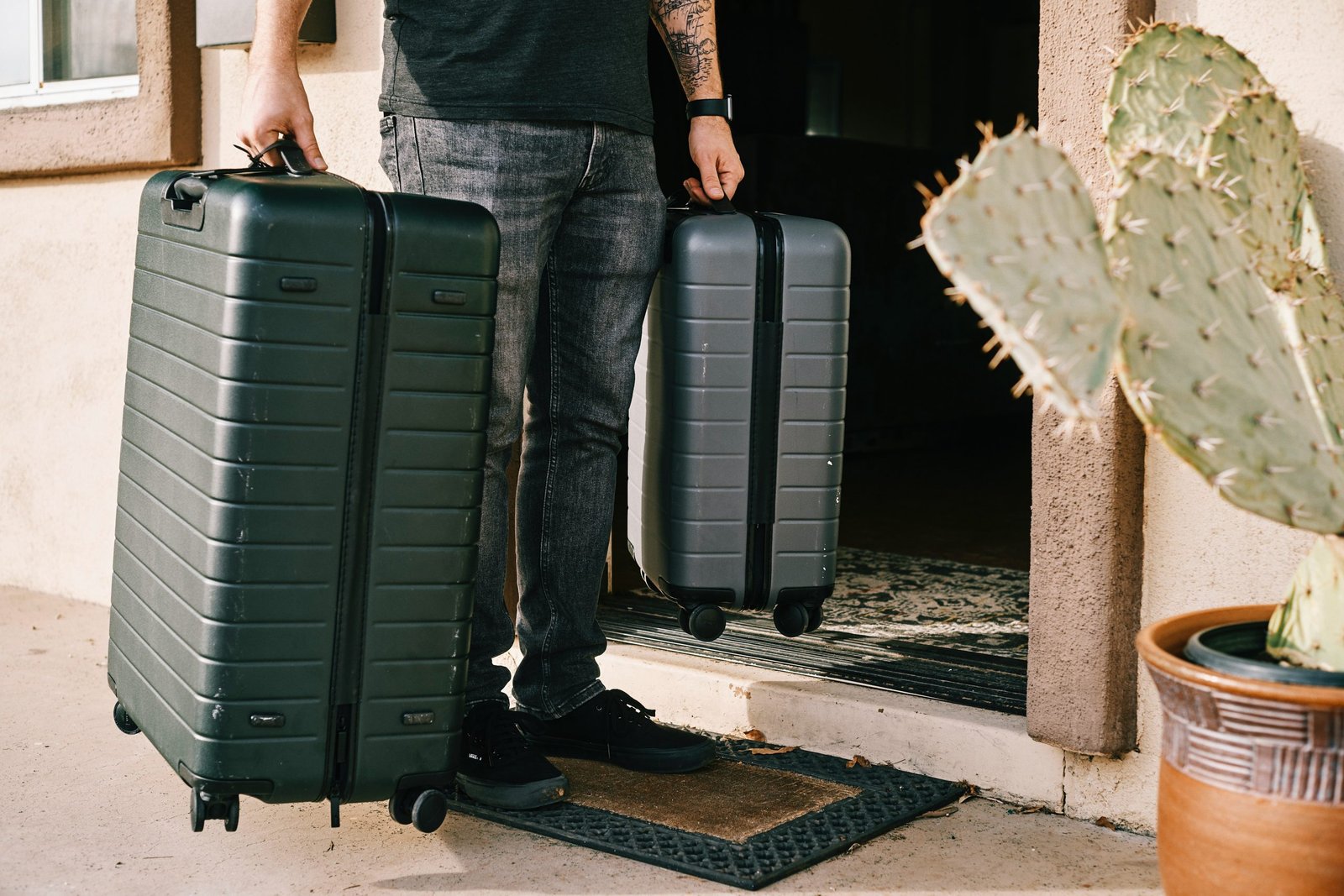Now that we’re entering the last stages of Brexit, UK travellers hoping to go on a road trip across Europe will have to be prepared.
While some of the changes might be minor, others could affect your ability to travel lawfully in EU territory as early as this coming December. So, before you start planning your itinerary and holiday leave, it would be wise to know what will be required of you in order to avoid any legal repercussions while abroad.

Here are some of the things you have to know about driving across Europe post-Brexit.
The Number Plate Situation
Note that plates with the EU flag are now invalid and have to be replaced with new number plates with a GB identifier. If you are towing a trailer that weighs over 3,500kg, you’ll have to get the trailer registered as well and get a separate number plate for it. These rules still stand until the UK and the EU finish working on the rest of the agreement, but this all could change.
You Might Need Extra Documentation
Note that you may need extra documentation in order to drive within the European Union after December. For one, you may have to apply for an international driver’s license for certain destinations. However, the process of getting one is pretty simple; you won’t have to go through any type of exam to get it, and the fee is only £5.50.
This acts as a translated version of your original licence which will allow authorities to quickly process you if you’re ever stopped. You’ll also have to carry your green card, which is proof that the vehicle is insured in the UK. Note that you may need to have a separate green card and insurance for your trailer as well.
This could also be a great time to get online and compare car insurance. Websites like quotezone.co.uk, for instance, will allow you to compare car insurance between different providers in minutes. They search over 110 UK providers and provide the option to apply either online or by phone. This will not only save you time, but it will also allow you to find a policy that is tailormade for travelling abroad.
You should also keep registration documents with you if you intend to travel outside the UK for a period of less than 12 months. This can include your vehicle logbook if you have it, or a VE103 which attests that you have the right to drive a leased or hire vehicle on EU soil.

Other Recommendations
Note that if you’re implicated in an accident on EU territory, don’t expect to be able to file a claim through a UK claims representative or the MIB. The claim will most likely have to be filed against the insurer or the driver in the EEA or EU country where the incident occurred. The claim may have to be filed in the country’s language as well.
Driving in the EU post-Brexit will be different, and you have to be prepared for this whole new set of rules if you want everything to go smoothly. Make sure that you have all the right documentation and know everything there is to know about the new regulations before you plan anything.






